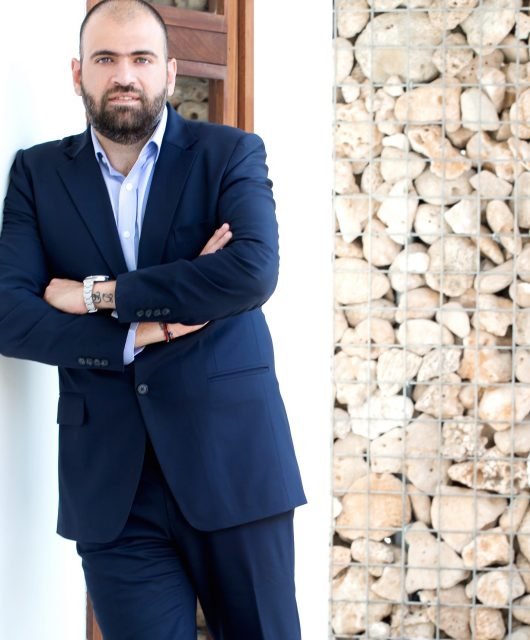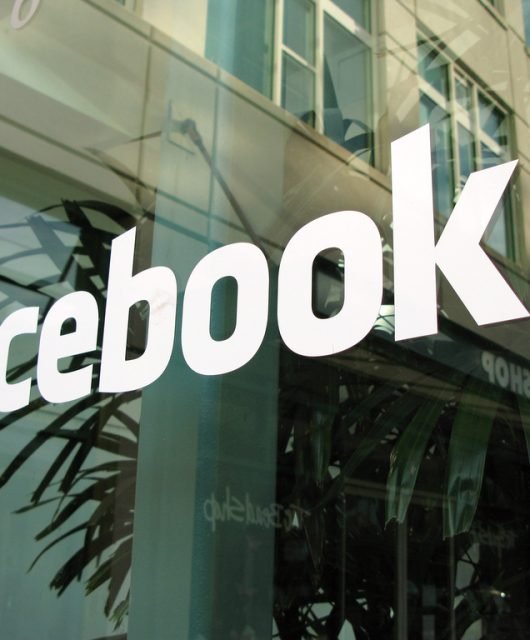The Brand Crisis Management Playbook: Q&A With Taghrid Oraibi
All brands face crises one time or another, it’s how they communicate, handle and manage it, is what makes or breaks brands and their reputations. Furthermore, the digital era we live in has elevated the impact of crises on the brand health with its new, rapid and diverse dynamics.
We’ve exclusively interviewed Taghrid Oraibi, Regionally-renowned communications consultant, on what a playbook for brand crisis management could look like?

BB: Reputation is considered one of the brand’s most valuable assets. One of the core areas where brands and PR cross paths is reputation management. How can communication professionals help brands build a solid and credible reputation?
TO: I view reputation as a ‘consequence’ of what brands deliver to people. Simply, to have a good reputation, you need to do good things and provide value to people, solve a problem, fulfil a need, meet a demand, or do good in the community, and so on. This is then followed by PR to leverage that good, and as a result, build a positive reputation. PR professionals need to work closely with brands to identify these values and communicate them en route to building a reputation.
Long gone are the days when PR was the hero in shaping a brand’s reputation.
Due to our high connectivity nowadays, people are no longer waiting for brands to push messages towards them. Their perceptions and decisions are formed in a complex journey that include online searches, participating in forums, reading online reviews, tweeting to garner opinions, or simply a Whatsapp exchange with friends for a quick ‘What are your thoughts on X?’ And let’s remember that PR experts are not men in black with memory erasers, so if a brand wants to recover after a certain crisis or issue, the process takes time, consistency and clarity. For example, if a certain brand has a lousy customer service that left customers in frustration for too long, no PR campaign will help unless the core of the issue is solved as a priority. Simply, reputation has to emerge from the core of the brand.
BB: Many brands are faced with crises that can give a hard blow to their reputations. Effectively managing crisis when it arises can become a make it or break it to any brand. Can you give us some insights on what are the pillars of an effective crisis management strategy?
TO: Going by the book, any crisis management requires preparation, a solid action plan, seamless execution and re-assessment. But the reality is, every crisis differs in its nature and intensity and will require a different action plan, but also every crisis needs a bit of common sense, quick actions and/or reactions and no room for panic.
BB: The digital transformation age has given reputation and crisis management a whole new dimension. Reputations can be affected negatively with one single social media post. In a nutshell, what are the do’s and don’ts when handling virally blasted crisis?
TO: My advice is to always ‘Think as a consumer, not as a business’. Have some empathy towards those affected by the crisis and put yourselves in their shoes. Also, don’t insult people’s intelligence and try to outsmart them. Don’t be robots and use automated messages to address people. Be clear, transparent, and fast. Many crisis have been spun into positives after being acknowledged and addressed transparently allowing brands to return stronger than ever.
BB: Brands work in different cultural contexts. Do cultural differences affect crisis management?
TO: Definitely. In fact, lack of cultural awareness and understanding is the cause of many crisis. It’s important to respect and understand culture differences in communication in general and not just in crisis management, especially in countries that are multicultural and where people can interpret messages in different ways.
BB: In your opinion, what would be a perfect example of a brand that faced a crisis and was able to turn it into a PR win in the Middle East?
TO: Abla Fahita and Vodafone campaign in 2013 is a case that makes me wish I was part of the crisis team. However, the brand I’m referring to here is Abla Fahita and not Vodafone, as I consider the Muppet a brand on its own.
In 2013, Vodafone Egypt starred Abla Fahita in an Advert promoting a special offer for customers to re-activate their old SIM cards. Instigated claims flooded the media about the Ad containing subliminal political connotations which led to both the character and telecom operator being questioned by the Egyptian state security prosecutors. Obviously there was the serious action of issuing statements and clarifying the situation to the public since this is a matter of national security which couldn’t be taken lightly, however, there was another side which I admire d the most. The responses utilized the comedy, sarcasm and witty attitude of Abla Fahita and turned the public into supporters. The puppet appeared on one of the region’s top viewed channel in a live interview via skype to defend herself. I mean, who interviews a Muppet on a serious news show! And a twitter campaign was triggered with the hashtag #FreeFahita advocating in favor of the Muppet. It was a success, and what proves that success is that her popularity has flourished since that incident, with a show ‘Abla Fahita Live from the Duplex ‘on CBC channel and a Netflix series to be launched in 2020!





